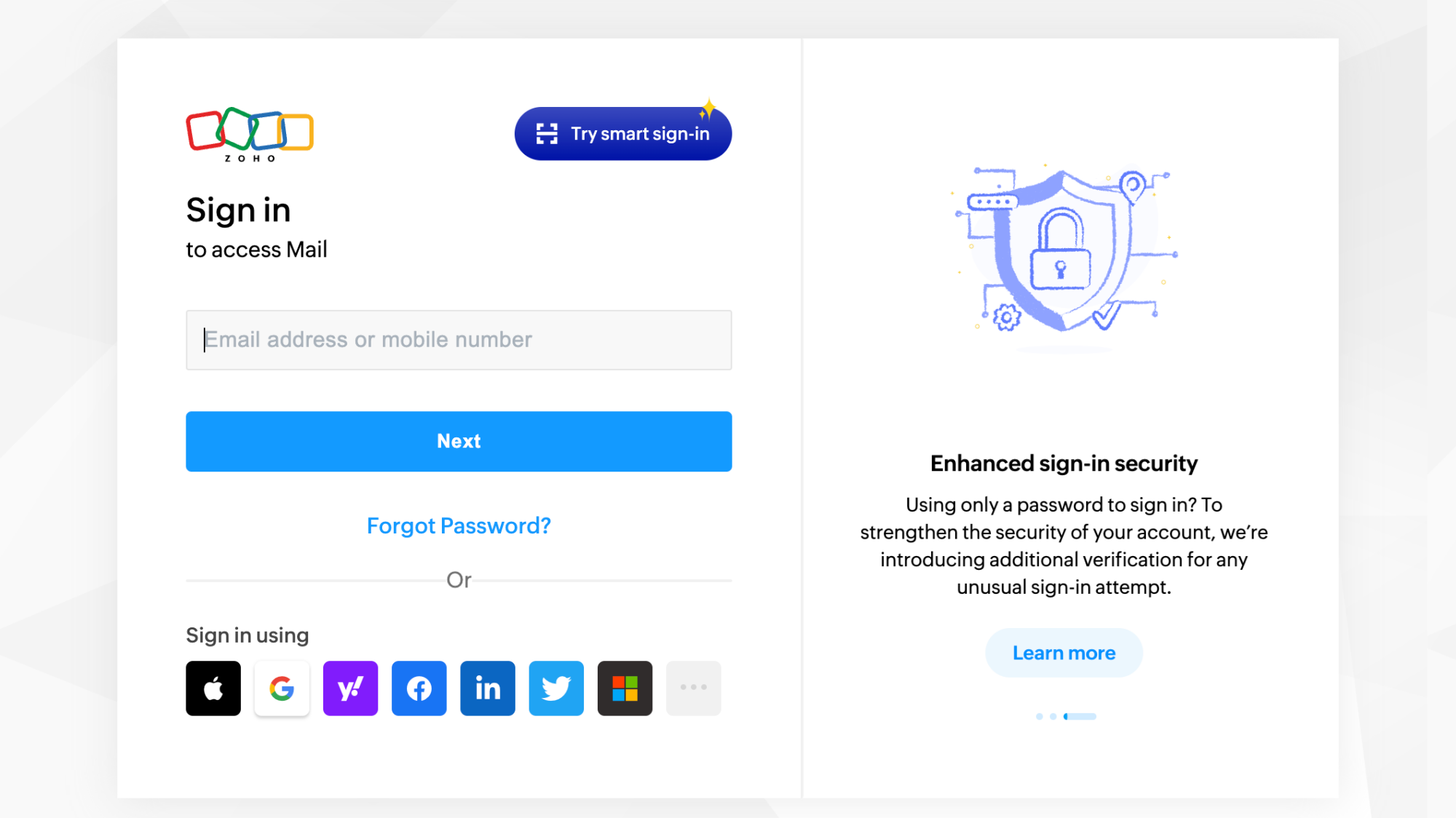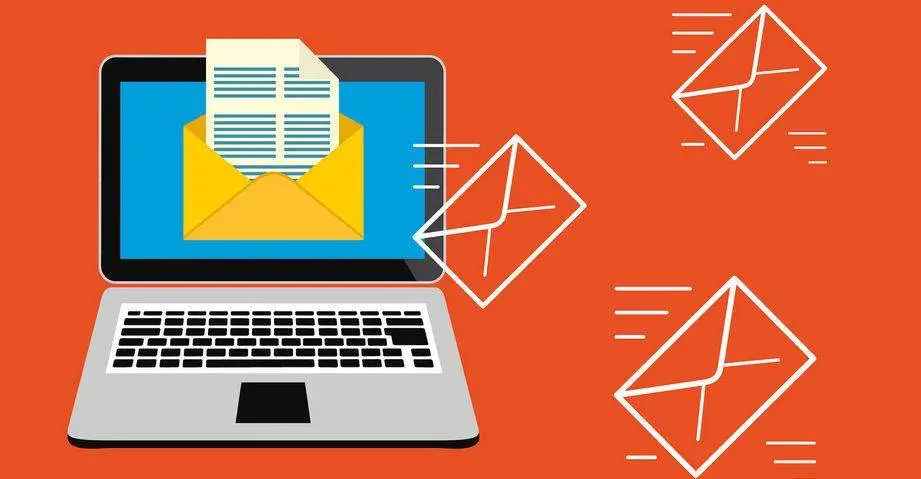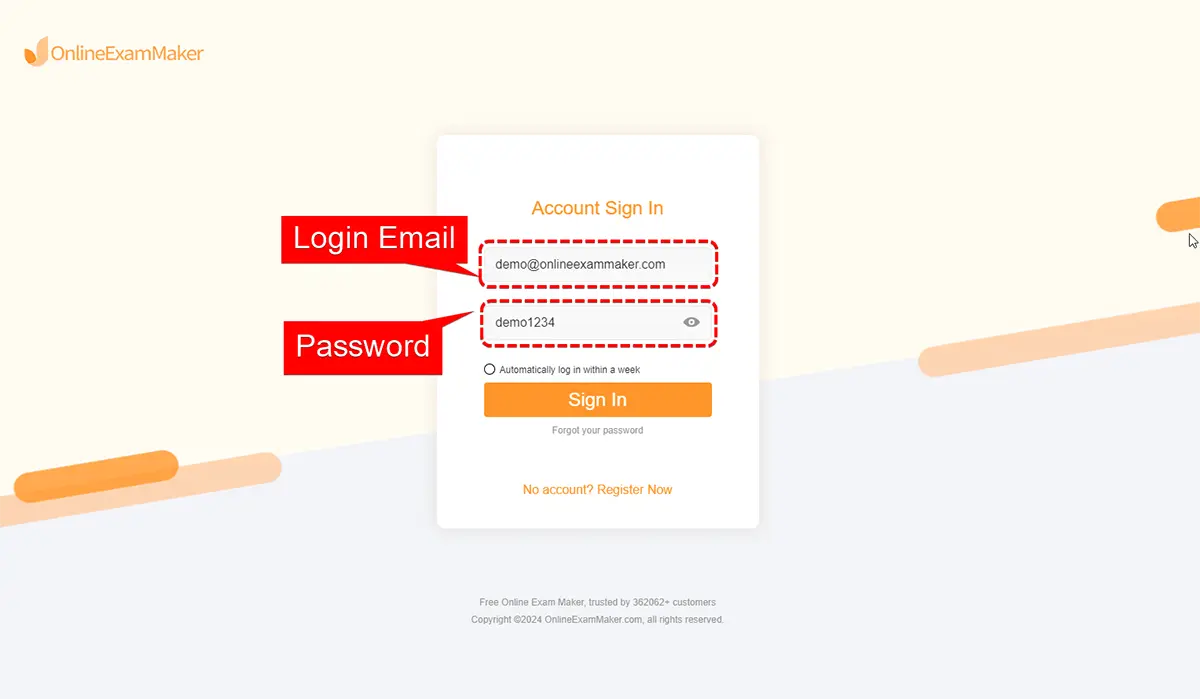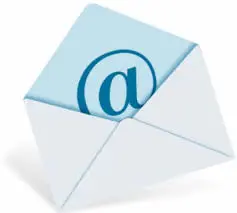10 Best Practices for Securing Your Free Email Account Password
Introduction
In today’s digital world, your email password is like a key to your personal information. It's crucial to keep it secure to protect your identity and private data. However, with the constant threat of cyber-attacks, knowing how to create and maintain a strong password is more important than ever. This guide covers the best practices for securing your free email account password in 2024.
Why Securing Your Email Password Matters
Securing your email password is critical because:
- Protects Personal Data: Prevents unauthorized access to your sensitive information.
- Prevents Identity Theft: Shields you from cybercriminals who seek to steal your identity.
- Safeguards Communication: Ensures your private conversations stay private.
- Blocks Unauthorized Access: Keeps your accounts safe from hackers.
Frequently Asked Questions
1. What Makes a Strong Password?
A strong password typically includes:
- Length: At least 12 characters long.
- Complexity: A mix of uppercase and lowercase letters, numbers, and special characters.
- Uniqueness: No reuse of passwords across multiple accounts.
- Randomness: Avoid using easily guessable information like birthdays or common words.
2. How Often Should I Change My Password?
Regularly updating your password is a good security practice:
- Frequency: At least every 3-6 months.
- Triggers: Change it immediately if you suspect any suspicious activity.
3. Are Password Managers Safe to Use?
Yes, password managers are safe and recommended because:
- Storage: They securely store complex passwords.
- Generation: They create strong, unique passwords for each account.
- Convenience: They autofill login details, saving you time.
Detailed Best Practices for Securing Your Email Password
1. Create a Strong and Unique Password
Why It Matters: A strong, unique password is your first line of defense against hackers.
- Actionable Tip: Use at least 12 characters, including a mix of uppercase, lowercase, numbers, and special characters.
Pro Tip: Avoid using the same password for multiple accounts.
2. Use a Password Manager
Why It Matters: Password managers help you create and store strong passwords securely.
- Actionable Tip: Choose a reputable password manager like LastPass, 1Password, or Bitwarden.
Pro Tip: Enable two-factor authentication (2FA) on your password manager for extra security.
3. Enable Two-Factor Authentication (2FA)
Why It Matters: 2FA adds an extra layer of security by requiring a second form of verification.
- Actionable Tip: Enable 2FA in your email account settings.
Pro Tip: Use an authentication app like Google Authenticator or Authy for generating 2FA codes.
4. Regularly Update Your Password
Why It Matters: Regular updates reduce the risk of long-term password exposure.
- Actionable Tip: Set reminders to change your password every 3-6 months.
Pro Tip: Update your password immediately if you suspect any suspicious activity.
5. Avoid Using Public Wi-Fi for Email Access
Why It Matters: Public Wi-Fi networks can be insecure, making it easier for hackers to intercept your data.
- Actionable Tip: Avoid accessing your email over public Wi-Fi. Use a VPN if necessary.
Pro Tip: Use your mobile data or a secure network for sensitive transactions.
6. Monitor Your Account Activity
Why It Matters: Keeping an eye on your account activity helps you detect unauthorized access early.
- Actionable Tip: Regularly check your email account’s login history for unfamiliar activity.
Pro Tip: Set up alerts for suspicious activity in your email account settings.
7. Be Cautious with Email Permissions
Why It Matters: Granting unnecessary permissions can expose your account to risks.
- Actionable Tip: Review and adjust the permissions granted to your email apps and services.
Pro Tip: Only grant permissions that are essential for the app’s functionality.
8. Recognize and Avoid Phishing Scams
Why It Matters: Phishing scams trick you into revealing personal information.
- Actionable Tip: Be cautious of emails from unknown senders and avoid clicking on suspicious links.
Pro Tip: Verify the sender's email address and look for spelling errors or unusual requests.
9. Educate Yourself on Cybersecurity
Why It Matters: Staying informed about the latest security threats helps you stay vigilant.
- Actionable Tip: Follow reputable cybersecurity blogs and websites.
Pro Tip: Take online courses or webinars on cybersecurity to enhance your knowledge.
10. Backup Your Data Regularly
Why It Matters: Regular backups ensure you don’t lose important information if your account is compromised.
- Actionable Tip: Use cloud services or external drives to back up important emails and data.
Pro Tip: Schedule automatic backups to ensure your data is consistently protected.
Conclusion
Securing your free email account password is essential to protecting your personal information and maintaining your privacy. By following these best practices—creating strong passwords, using password managers, enabling 2FA, and staying informed about cybersecurity threats—you can significantly enhance your email security in 2024. Stay proactive and vigilant to ensure your email remains a safe and reliable communication tool.
Notes
Meta Description: Learn the best practices for securing your free email account password in 2024. Discover tips on creating strong passwords, using password managers, enabling 2FA, and more to protect your personal information.
Tags: Email Security, Free Email Account, Password Best Practices, Two-Factor Authentication, Phishing Scams, Strong Passwords, Email Protection, Cybersecurity, Account Safety, Online Privacy
Longtail Tags: How to Secure Free Email Account Password, Best Practices for Email Password Security, Prevent Email Hacking, Email Phishing Protection, Enhance Email Privacy
Strategies to Consider
- Engage with Storytelling: Share real-life examples of password breaches and how proper security measures could have prevented them.
- Utilize Strong Visuals: Include infographics and step-by-step guides to illustrate security tips.
- Optimize for SEO: Use relevant keywords naturally throughout the content to improve search engine rankings.
- Encourage Reader Interaction: Invite readers to share their own email security tips and experiences in the comments section.
- Provide Value: Offer actionable insights and practical tips that readers can implement immediately to secure their email accounts.




